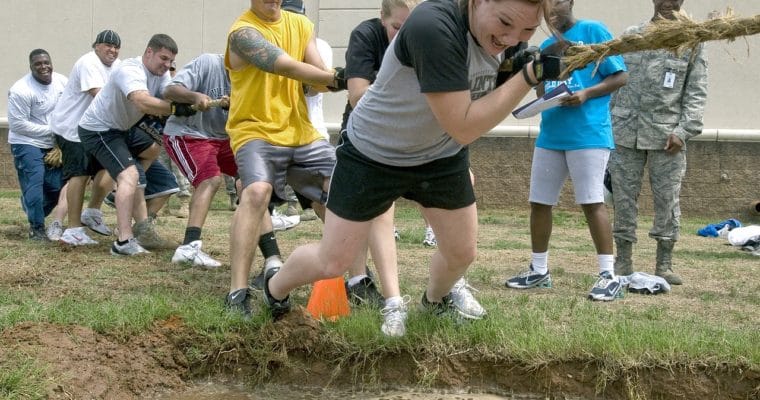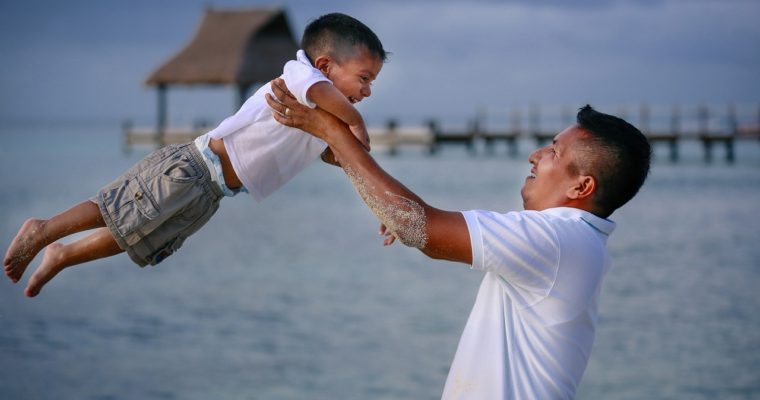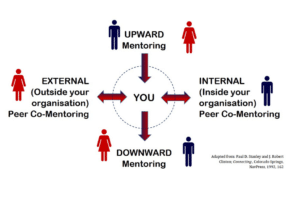It is predictable. Every spring when school fees are due in India, the messages and emails come. “We don’t have enough to pay for our kid’s fees this year!”
Desperate missionary parents send out appeals. Often they come in inappropriate ways. They beg people to help them. Their need is genuine and heart-breaking. This is not God’s desire for them. Many suffer in these ways. They barely have enough to pay for their food, housing, and travel expenses. Kid’s schooling is not a budgeted expense.
In fact, they don’t have a budget. They either threw that out when they started working in missions, or they have never learned how to budget. Whatever the situation, they are faced with a new school year. With it comes the tremendous weight of trying to find a way to pay for their kid’s tuition fees once again.
God desires for us to have enough finances as missionaries for our basic needs to be cared for.
That doesn’t mean we will get rich, and sometimes we will struggle. But we do not need to think that we will always live in extreme lack. It is not a good reflection of God’s kingdom and character when His people continually struggle to see their most basic needs met.
Can you relate to this? If so, you may have unintentionally embraced a poverty mentality. Or, there may be aspects of the character of God you have failed to understand. Or perhaps you have not taken the necessary steps to move forward in this aspect of your life. Maybe you have no idea what those are! This part of your life can change. There is hope ahead.
Kundun’s Story
A few years ago we ran a fund-raising training in India for some of our fruitful church planters who were really struggling with their finances. This is the testimony of one of the participants.
“I thank the Lord for the fund-raising seminar. It was really a blessing for me, my family and ministry. Before the seminar, I was unable to share my needs with others. I didn’t know how to share.
In the seminar, I discovered how to share with my friends and relatives. I tried and after that, it really worked. I was able to raise my own support! It makes me happy. Now I feel I can raise support for myself. I am happy to serve mighty God. For 22 years I never shared my needs to others, because I didn’t know how to share. After I learned how to share I got a blessing. Now, I can do it. It is great for me.”
Twenty-two years is a long time to struggle in missionary life, never having enough for your basic needs to be met!
What a joy it was to come alongside this faithful, fruitful brother and help him see that he could do it. He could raise funds locally from within India itself and from his own network of people.
Before this, he was plagued by two major falsehoods.
Two Lies Some Believe
One, he thought that he must depend on leaders to raise support for him. In his mind, they were the ones who had contacts with people who had a lot of money.
Two, he thought that if he wanted to have decent support for his work, he had to be able to communicate well in English. He needed to know how to produce a good newsletter and use a computer. He could speak some English, but writing well was very tough for him. And the only foreigners he knew were other missionaries. So where would he get support unless his leaders raised it for him?
This put him in a place of dependency on a few leaders, instead of on God.
In the training, we helped him see that there were more than enough resources within India. Sharing about his vision in his own language was possible! He didn’t need to speak English to raise up ministry partners.
Instead of looking outside the country, he began to see that God was able to provide from within. He found ministry partners within his own relational circle of friends and family. Also, he learned how to approach them, not as a beggar, but with freedom and confidence.
He invited them to become true ministry partners in his vision to reach unreached peoples. This was very different than asking them to give to him and his personal needs. Of course, his needs were a part of what was needed for his ministry. But the goal was not to ask people to pity him personally. The goal was to invite people to join him in his ministry and vision.
“Give me neither poverty nor riches! Give me just enough to satisfy my needs. For if I grow rich, I may deny you and say, “Who is the LORD?” And if I am too poor, I may steal and thus insult God’s holy name.” Prov. 30:8-9
False Teaching- Health and Wealth
There are many false teachings regarding money. One is a health and wealth gospel. This teaching says if we follow Jesus, he will make us rich. This is not in line with scripture!
As disciples of Jesus, we must be willing to make sacrifices for His kingdom cause. We must give up the pursuit of wealth. Jesus clearly taught in Matt. 6:33 that we must seek first His Kingdom.
God does provide for us. But that doesn’t mean that we can have whatever we want! It doesn’t mean that our kids will go to the best schools in the city, or that we will have a huge house and a nice car.
Our focus as missionaries is on building God’s kingdom, not on growing our financial wealth. When we put our emphasis on the wrong things, we go astray. We are in danger of loving money more than God (1 Tim 6:10).
False Teaching- Poverty is Holiness
Another false teaching says that our poverty and suffering is a sign of our spirituality. The more we suffer in our finances, the more holy we must be. This too is not Biblical.
That kind of thinking runs directly against God’s character as a good and loving Father. God loves His children. He is more than able to provide for them.
Sometimes He does that through financial miracles. My husband and I have experienced many of those! But more often, He does that by helping us to find ministry partners. These are people who believe in the calling on our lives and want to join us in our work.
Jesus Himself was supported by others! A group of women provided for his daily needs. If Jesus looked to friends and ministry partners for financial provision, why shouldn’t we?
There are a few people, who feel a special calling to follow the same path as George Mueller did. Mueller was an evangelist who started an orphanage in England in the 1800s. He felt he should not share about his needs, but trust God to provide. And God did!
They experienced many miracles of provision. As the children in the orphanage sat without food on the table, God would send them someone at the door with groceries. His was a unique calling and not for everyone.
Don’t Stay Stuck
Unless God has specially called you as he did Mueller to never share about your needs, learn how to do so in appropriate ways. Develop true ministry partners. There are some good books like Funding Your Ministry and The God Ask, that can help. Signing up for my free e-mail course is a good place to start.
Don’t stay stuck in this area of your life. Don’t wait until the school fees are due, then cry out for help. Take prayerful actions now.
What questions do you have about fund-raising? Let me know in the comments below or on the Missionary Life Facebook page.










